When we go out for a snack, a drink, or for a meal- there’s an expectation of cleanliness. We expect our food to not only be well-made but to be free of any bad bacteria, mold, flies, and hair.
Restaurants know and place importance on the customer expectation that their food is safe and clean. Almost every food facility implements preventative measures and safety practices to maintain customer health and satisfaction. No one likes finding a hair in their food; it’s off-putting, unappetizing, and unsanitary. Because of this, workers often wear hair nets, hats, or visors to keep their hair on their heads. Why should masks be different?
Since the lifting of the mask mandate in California, numerous restaurants and businesses dropped the requirement for masks within their staff as well. People in constant contact with food served to others can now touch, handle, and breathe on it without that protective barrier. This should not be allowed. Just as many employed in restaurants must follow special sanitation requirements like wearing hairnets and gloves, those handling, preparing, and serving food should continue wearing masks, regardless of the status of the mandate.
When we first went into a shelter in place in 2020, many people were skeptical about eating out and worried the food might be contaminated with COVID-19. Others feared workers could turn up unknowingly sick and transfer the virus via food. While the odds are low, the spread of illness from those in foods service to customers is more common than you think.
According to the 2021 San Diego Food Handler’s Guide to Food Safety, food handlers are the number one cause of the spread of germs to food.
Germs can be spread from food handlers from people coughing or sneezing onto food, utensils, or food surfaces, but also by droplets spit out from people talking or drops that may fall from someone’s nose. The spread of COVID-19 is no exception.
In California, people who work with food are required by law to take a Food Safety Course and gain certification before they interact with food. They’re expected to know all of the safety measures to ensure clean and safe food for customer consumption.
In an industry that places so much importance on sanitation and cleanliness even in a non-pandemic era, masks should be adopted and required without hesitation. Mask wearing in food service not only helps to minimize the spread of COVID-19, but it could limit the transmission of over germs and diseases as well.
In the food service industry, frequent hand washing, re-washing after touching your face, a contaminated surface, or utensils are all common practices. Leaving the room to cough or sneeze is almost a no-brainer in a kitchen. S0, wearing a mask to protect prepared food from worker saliva, germs, or even unknown viruses should become common practice as we move forward with life post-pandemic. It will benefit the sanitation and safety of customers and workers alike, improving the food industry as a whole.
*This editorial reflects the views of the Scot Scoop editorial board and was written by Leanna Gower.

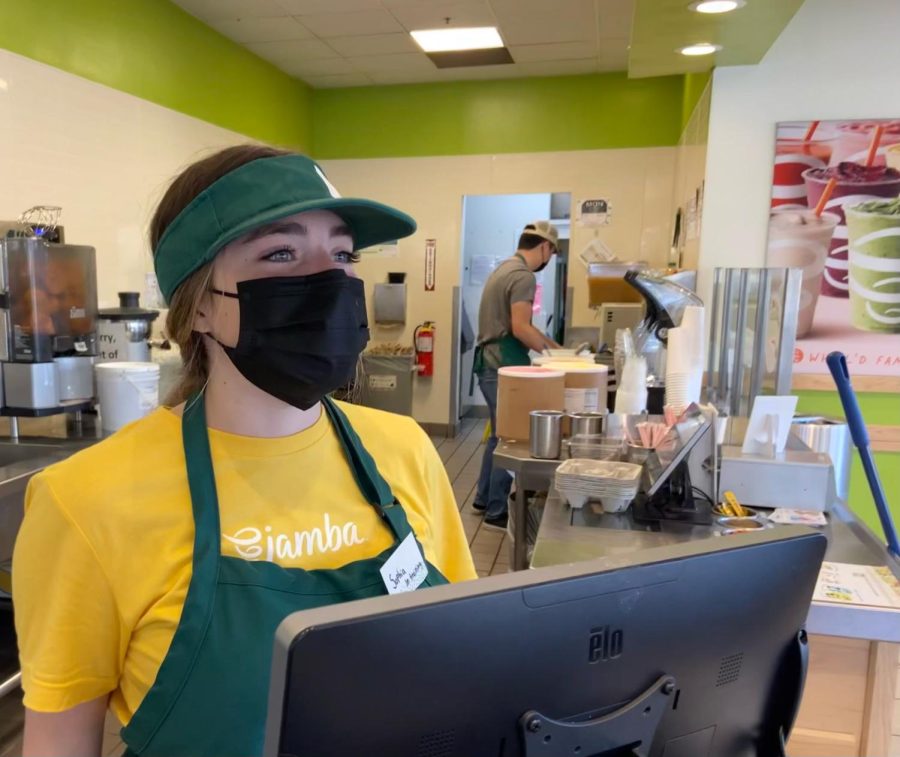
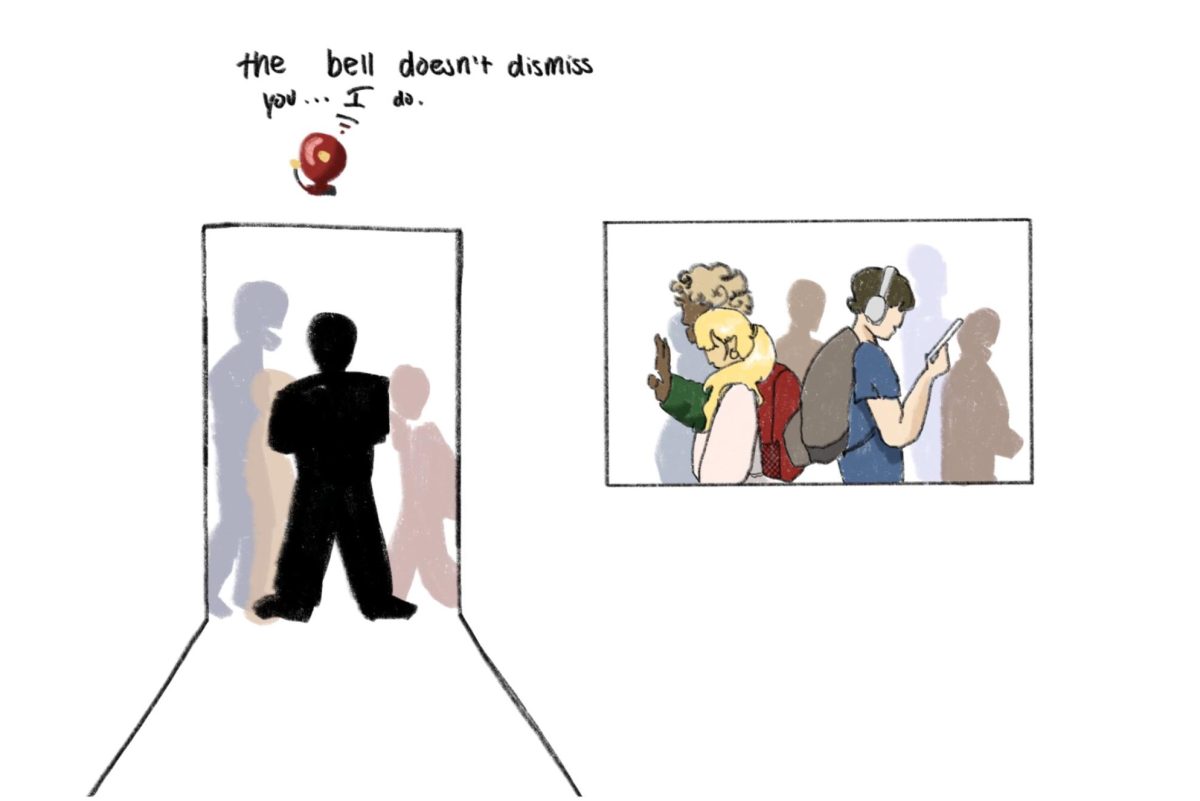
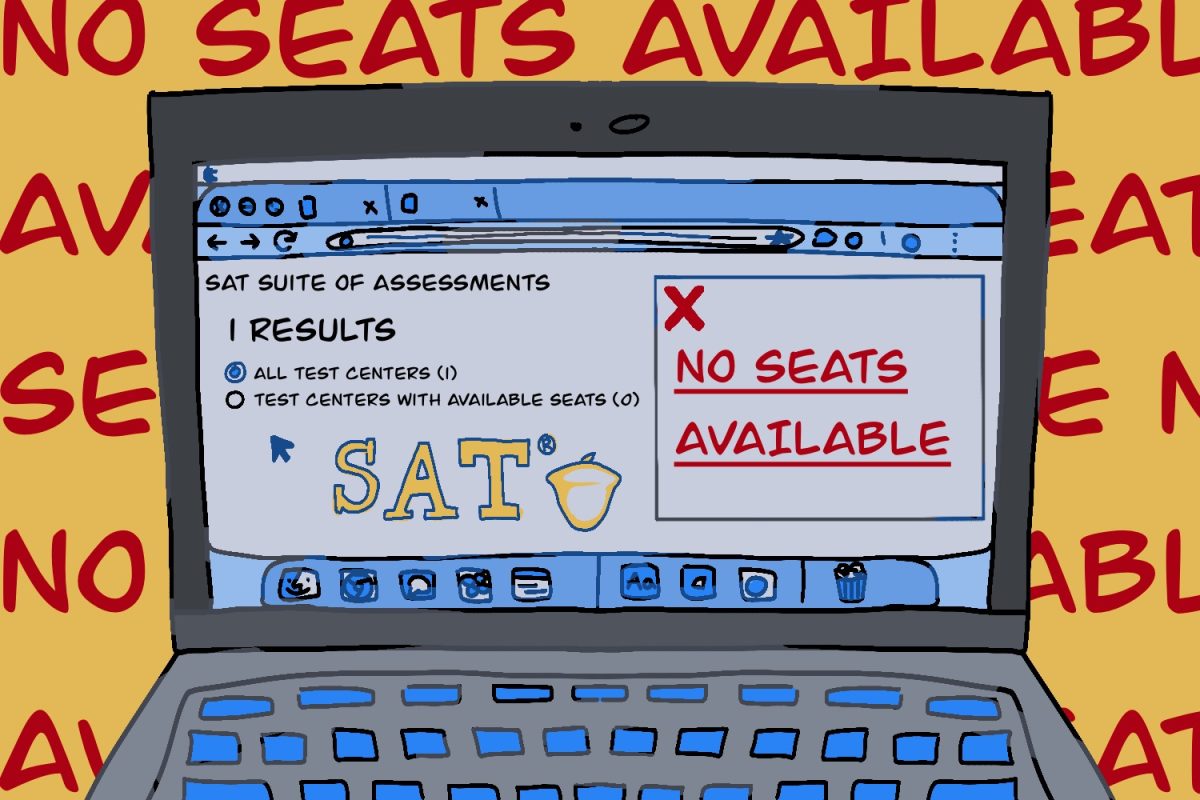
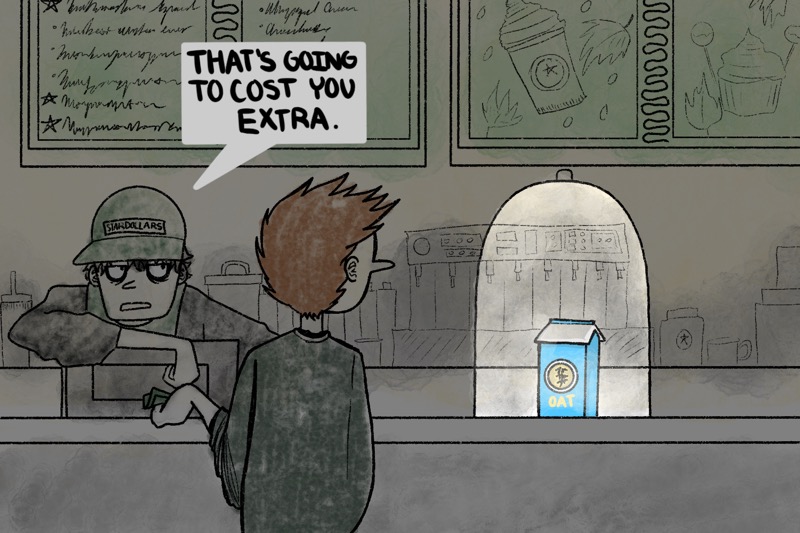


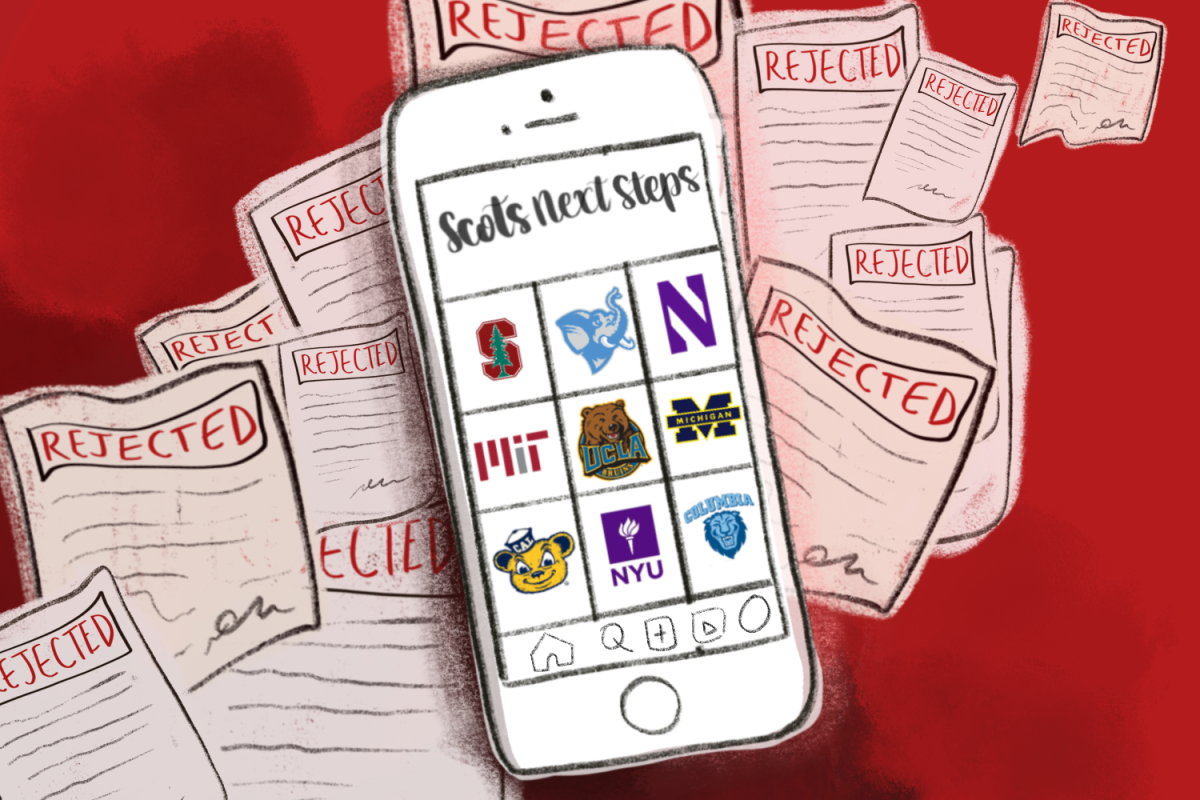

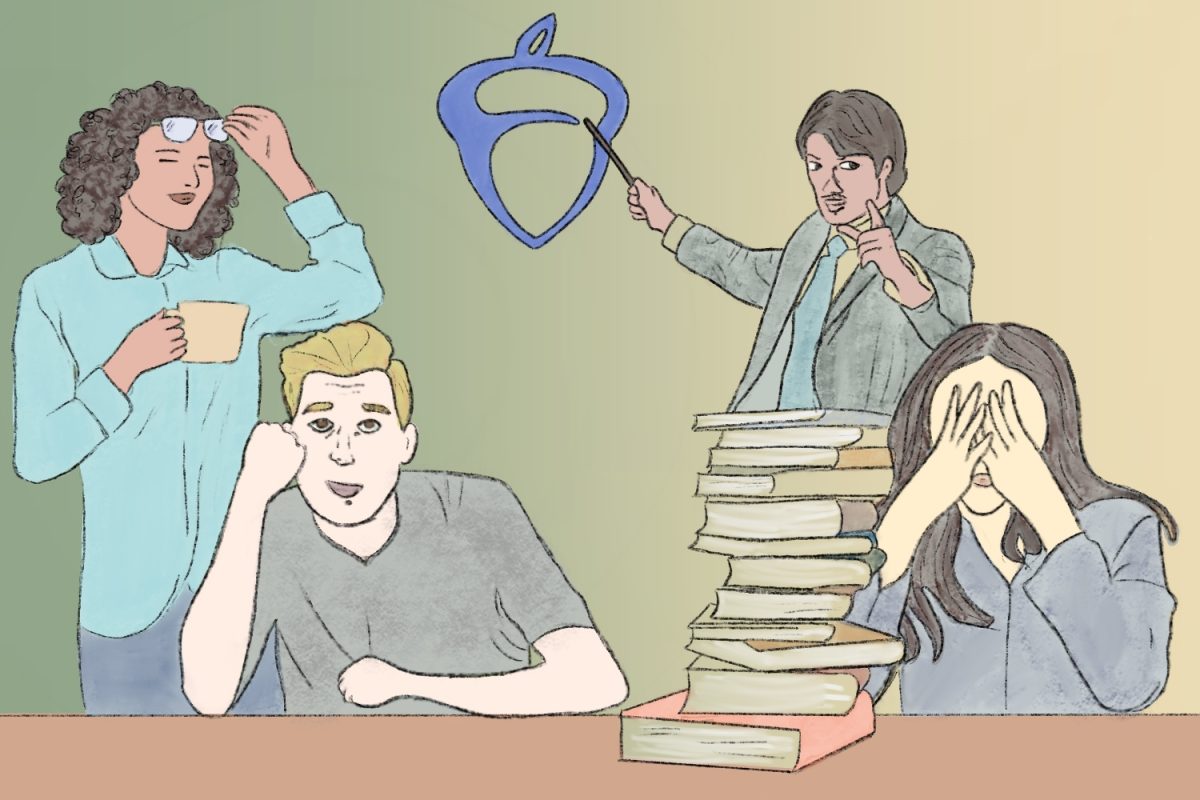

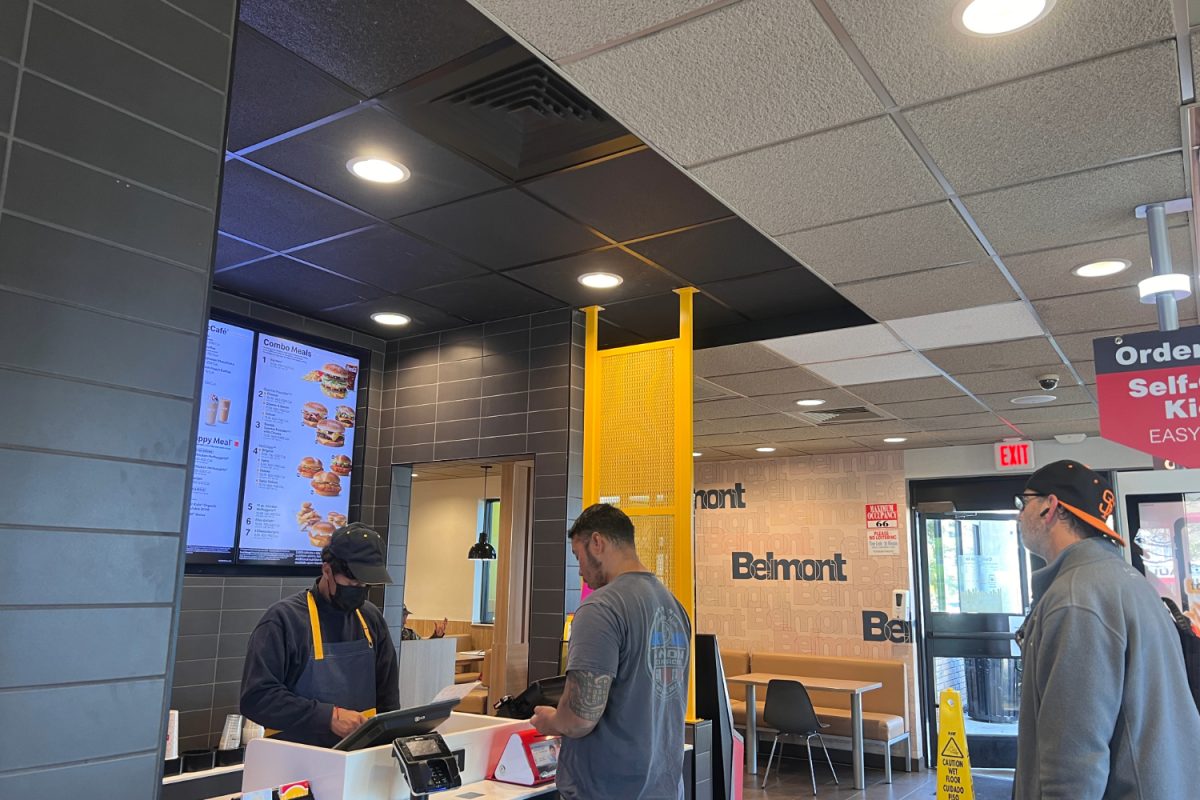


Smothered • Apr 8, 2022 at 4:06 pm
The opinion of someone that has had little experience in life I presume.
While factualy accurate there is quality of life of employees too. There is a labor shortage in industries requiring masks, or burnt out on covid restrictions for a reason.
Masks also increase spread in many situations because the amount of virus spread to your hand touching a mask is similar to coughing into your hand.
But masks poorly fit many faces, need adjustment, and clog with moisture after hours. If you think everyone that touches thier mask is going to wash up you dont work with many minimum wage employees.
Getting people to wash after using the restroom is about as good as you can do. These are not doctors and nurses.
Leanna Gower • Apr 11, 2022 at 7:55 pm
Hi! I am the writer and yes, this is a student publication so I do have “little experience in life.” I actually am a supervisor at a fast-food restaurant so I can speak from experience about masks in the workplace, and it is within health code expectations for workers to wash their hands after touching their hair, face, or any other unsanitary surfaces before returning to touch food, including after touching their masks. So every worker that touches their mask, face, hair, eyes, money, etc. are expected wash their hands before returning to be in contact with food.
Food service workers certainly aren’t doctors and nurses, but that doesn’t mean they should throw health precautions to the wind.